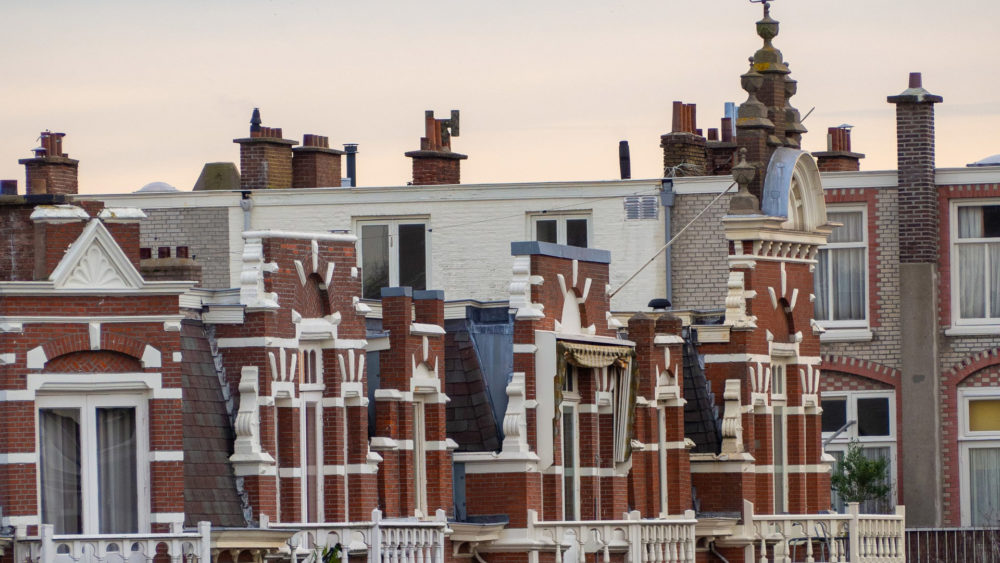Housing shortages, caused by neoliberal policies, are to blame — not migrants.
First and foremost, the DiEM25 local group in South Holland, in the strongest terms, condemns xenophobia in all matters of life, including in matters of local democracy and of those charged with representing the entire public in the City Council of The Hague. Our condemnation was triggered by the local branch of the ruling party, VVD, supporting a motion that would have directed the City Council to find solutions for the housing problem in the city — with a catch. The proposed motion squarely blamed ‘migrants with poor prospects’ for the shortage of housing. In actual fact, the VVD further clarified that population control, based on the economic needs of the city, should be considered as a matter of policy.
Inflaming racial tensions does not address the inadequate supply of housing in the City.
Xenophobia only serves to turn public attention away from the root cause of the housing shortage in the Netherlands. Neoliberal policies that emphasise deregulation and privatisation, coupled with significant cutback on large-scale housing projects, are the real causes of shortage in affordable housing. The social housing sector, already under tremendous strain, is being further distressed through additional taxes and pressure to sell onto private investors – who then transform the social home onto the free market sector.
While the supply of new build homes to the city is at around 2500 units per year, the majority of those are unaffordable. In fact, the average rent for a 100 square meter home in The Hague is €1677 / month, far beyond the reach of even the middle-class. While the middle class spend, on average, 34% of their income on housing, water and energy, the lower and poorer classes spend just above 42% of their already negligible income for shelter.
An analysis of city data indicates that while poorer neighbourhoods are at 98% occupancy, one in five homes in the richest parts of the city remain unoccupied. The city is rapidly transforming, and gentrifying, towards a terrain for the elite. This shift will impact all at the lower economic echelons of society.
Rather than blaming the housing issue on ‘migrants with poor prospects’, the City Council could address the housing shortage in The Hague by:
- Focusing their time, efforts and energy on housing — not economically and racially stigmatizing those that seek fair shelter;
- Examining the high rates of unoccupied homes across the City — a plethora of empty homes suggests an imbalance in the housing market at best — and parking of illicit gains at the worst;
- Considering a rent-cap in the free rent sector — a successful policy measure replicated across Europe and the World;
- Encouraging the expansion of economic activities in nearby localities; and
- Increasing the income eligibility ceiling for housing subsidies to keep pace with the rapid increase in rental costs.
We also call on the Prime Minister to urgently condemn signs of xenophobia within his own party — he does after all represent the entire nation, and not just those that seek to pounce on nationalist sentiments for a few more votes.
Photo: The Hague, Netherlands.
Photo Source: Photo by Jonathan Ybema on Unsplash.
Do you want to be informed of DiEM25's actions? Sign up here















